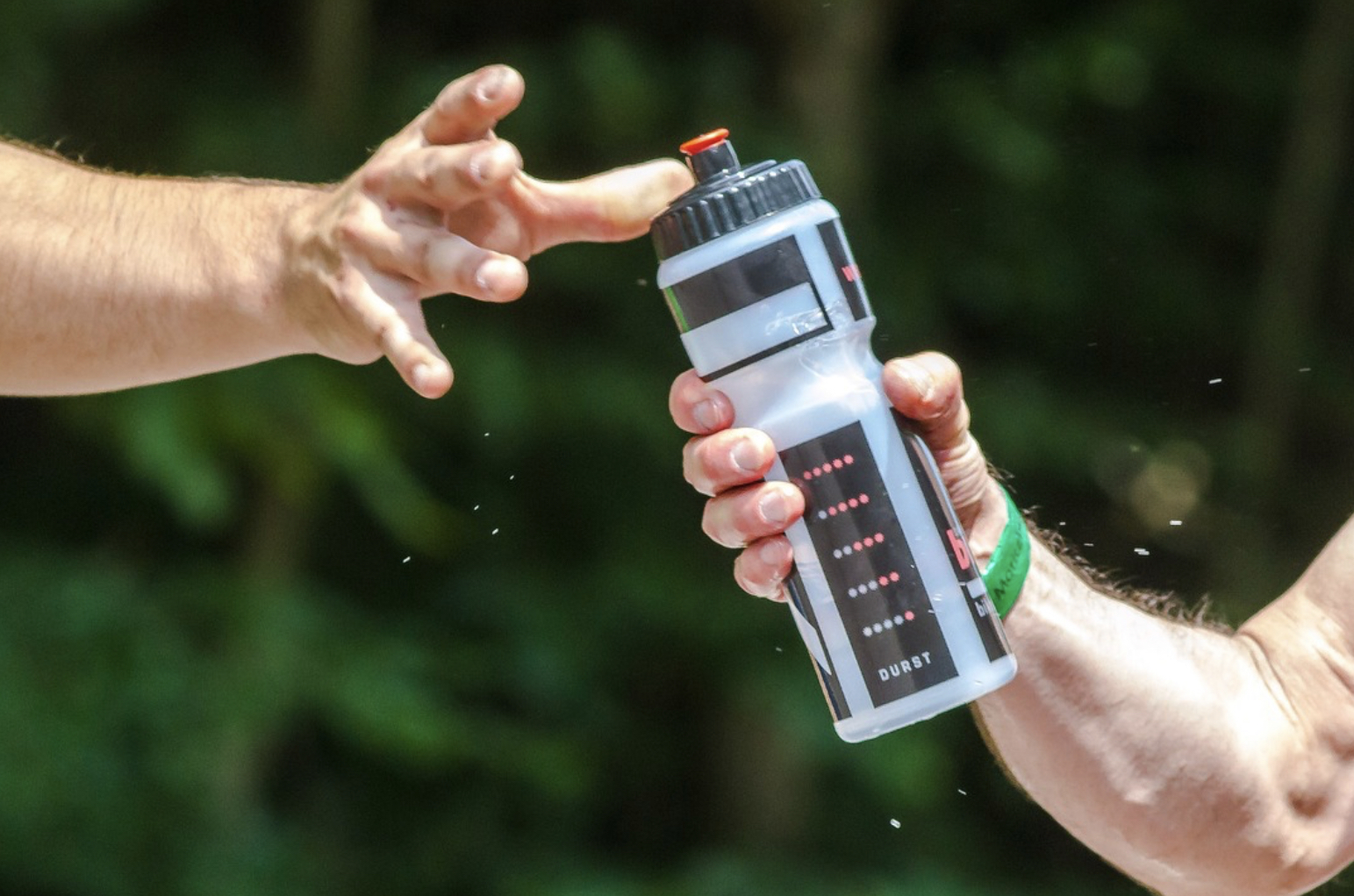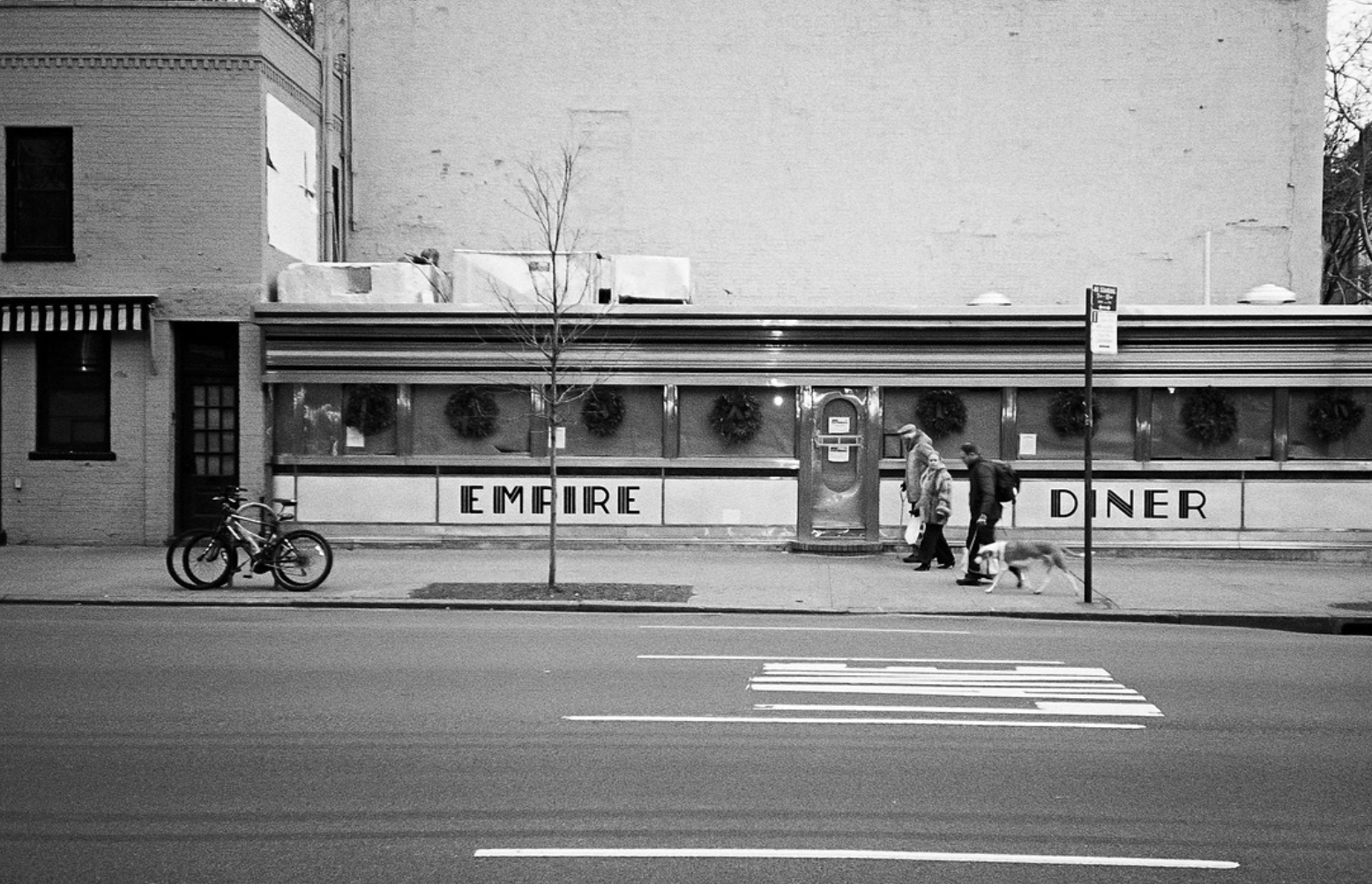
What To Eat Before Cycling Long Distance. When preparing for a long-distance cycling trip, it’s essential to fuel your body with the right types of food. Consuming a balanced meal containing carbohydrates, proteins, and healthy fats is critical to provide your body with sustained energy. Whole-grain bread, pasta, rice, and fruits are excellent sources of carbohydrates and can provide your muscles with the necessary fuel to cycle for an extended period. Additionally, lean proteins such as chicken, fish, or tofu can help repair and rebuild muscles during and after the ride. It’s also important to include healthy fats, such as nuts or avocados, to help your body absorb essential vitamins and minerals. Remember to hydrate well before the ride and consume a light, easily digestible snack an hour before the ride, such as a banana or a handful of nuts, to provide a quick boost of energy.
Whilst sports nutrition is a huge subject, the following Q&A simplify some of the potential pitfalls.
What should I eat before a long bike ride?
What should you not eat before cycling?
Before cycling, it’s important to avoid certain foods that may cause discomfort, bloating, or gastrointestinal distress during the ride. Some foods to avoid before cycling include:
- High-fat foods: High-fat foods such as fried foods, fast foods, and heavy meats can take a long time to digest and can cause discomfort during the ride.
- High-fiber foods: While high-fiber foods such as vegetables, fruits, and whole grains are generally healthy, they may cause gastrointestinal discomfort and bloating during the ride.
- Dairy products: Dairy products such as milk, cheese, and yogurt may cause discomfort and gastrointestinal distress in some individuals, so it’s best to avoid them before a long bike ride.
- Spicy and acidic foods: Spicy and acidic foods may cause heartburn or acid reflux, which can be uncomfortable during the ride.
- Alcohol and : alcohol can dehydrate your body, it may also increase the risk of cramps or gastrointestinal distress during the ride.
How do I prepare my body for a long bike ride?
Preparing your body for a long bike ride is essential to ensure that you have the necessary endurance, strength, and flexibility to complete the ride comfortably. Here are some tips on how to prepare your body for a long bike ride:
- Train regularly: To prepare your body for a long bike ride, it’s important to train regularly, gradually increasing your mileage and intensity over time.
- Incorporate strength training: Incorporating strength training exercises such as squats, lunges, and core exercises can help improve your endurance, power, and posture during the ride.
- Stretching and flexibility: Incorporating stretching exercises and flexibility training, such as yoga or Pilates, can help improve your range of motion, prevent injury, and promote recovery.
- Hydration and nutrition: It’s important to hydrate well before, during, and after the ride, and to consume a balanced diet that includes carbohydrates, proteins, and healthy fats to provide your body with the necessary fuel and nutrients.
- Rest and recovery: Rest and recovery are essential to allow your body to repair and rebuild muscles, prevent injury, and promote overall health and wellness.
- Proper bike fit: Ensuring that your bike is properly fitted to your body can help prevent discomfort and injury during the ride.
Should I cycle on an empty stomach?
It’s generally not recommended to cycle on an empty stomach, especially for longer rides or intense workouts. Cycling on an empty stomach may cause a drop in blood sugar levels, leading to fatigue, dizziness, and decreased endurance during the ride. Additionally, without proper fuel, your body may start breaking down muscle for energy, leading to decreased muscle mass and performance over time. However, if your goal is weight loss then fasted training has shown to be beneficial if done correctly.

What is the best drink before cycling?
The best drink before cycling is water. Proper hydration is critical for optimal athletic performance, and water is essential for maintaining fluid balance and preventing dehydration during the ride. It’s recommended to hydrate well before the ride, aiming for 17-20 ounces of water or sports drink 2-3 hours before the ride, and an additional 7-10 ounces of water or sports drink 10-20 minutes before the ride.
For rides lasting more than an hour, it may be beneficial to consume a sports drink that contains electrolytes and carbohydrates, as they can help replenish fluids, minerals, and energy during the ride.
What should you not do before cycling?
Before cycling, it’s important to avoid certain activities or behaviors that may cause discomfort, injury, or impaired performance. Here are some things you should not do before cycling:
- Skip the warm-up: Skipping the warm-up can increase the risk of injury and reduce performance during the ride. It’s important to warm up for 10-15 minutes before the ride, performing light cardio, stretching, and mobility exercises to prepare your body for the ride.
- Overeat or eat the wrong foods: Overeating or consuming the wrong types of foods, such as high-fat or high-fiber foods, can cause gastrointestinal discomfort or fatigue during the ride. It’s essential to consume a balanced, easily digestible meal that includes carbohydrates, proteins, and healthy fats, and to avoid foods that may cause discomfort.
- Drink alcohol or caffeinated beverages: Alcohol and caffeinated beverages can dehydrate your body and may impair performance or increase the risk of cramps or gastrointestinal distress during the ride. It’s essential to avoid these drinks before the ride and hydrate well with water or sports drinks instead.
- Wear inappropriate clothing or gear: Wearing inappropriate clothing or gear, such as loose or uncomfortable clothes, the wrong shoes, or a poorly fitted helmet, can cause discomfort, impair performance, or increase the risk of injury. It’s important to wear comfortable, breathable clothing and proper cycling shoes and gear that are suitable for the weather and terrain.
- Neglect hydration: Neglecting hydration before the ride can impair performance and increase the risk of dehydration or heat stroke during the ride. It’s important to hydrate well before the ride and drink plenty of water or sports drinks during the ride to maintain fluid balance and prevent dehydration.
By avoiding these activities or behaviors and following a proper pre-ride routine, you can prepare your body and mind for a safe, comfortable, and enjoyable cycling experience.
How can I cycle long distances without getting tired?
Cycling long distances can be challenging, especially if you’re not properly prepared. Here are some tips to help you cycle long distances without getting tired:
- Build up endurance gradually: Start with shorter distances and gradually increase the mileage and intensity of your rides. This will help build up your endurance and improve your cardiovascular fitness over time.
- Pace yourself: Pace yourself during the ride and avoid pushing yourself too hard too soon. Find a comfortable, sustainable pace that allows you to maintain your energy levels throughout the ride.
- Stay hydrated and fueled: Stay hydrated by drinking plenty of water and sports drinks throughout the ride. Consume a balanced, easily digestible meal before the ride, and bring snacks or energy gels to consume during the ride to maintain your energy levels.
- Take breaks: Take short breaks every 30-60 minutes to stretch, rest, and refuel. This will help prevent fatigue, cramps, and soreness, and allow your body to recover.
What snacks do cyclists eat?
Cyclists need to consume a balanced diet that includes carbohydrates, proteins, healthy fats, and other essential nutrients to fuel their rides and support their recovery. When it comes to snacks, cyclists often choose foods that are easy to digest, provide quick energy, and are convenient to carry during the ride. Here are some examples of snacks that are popular among cyclists:
- Energy bars: Energy bars are a convenient, portable snack that provides quick energy and nutrients during the ride. Look for bars that are high in carbohydrates, low in fat and fiber, and contain some protein to provide sustained energy.
- Bananas: Bananas are an excellent source of carbohydrates, potassium, and other essential nutrients, making them a popular snack among cyclists. They’re easy to carry and digest and provide a quick burst of energy.
- Trail mix: Trail mix is a high-energy snack that contains a mixture of nuts, seeds, dried fruits, and sometimes chocolate or other sweets. It’s a good source of healthy fats, protein, and carbohydrates, and is easy to pack and consume during the ride.
- Rice cakes: Rice cakes are a popular snack among endurance athletes, including cyclists. They’re easy to make, portable, and provide a good balance of carbohydrates, proteins, and fats. They’re also easy to digest and provide sustained energy.
- Energy gels: Energy gels are a concentrated source of carbohydrates and electrolytes that provide a quick energy boost during the ride. They’re easy to carry and consume and are popular among cyclists who need a quick energy boost.
Overall, the key is to choose snacks that are easy to digest, provide quick energy, and are convenient to carry and consume during the ride.






